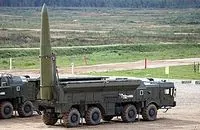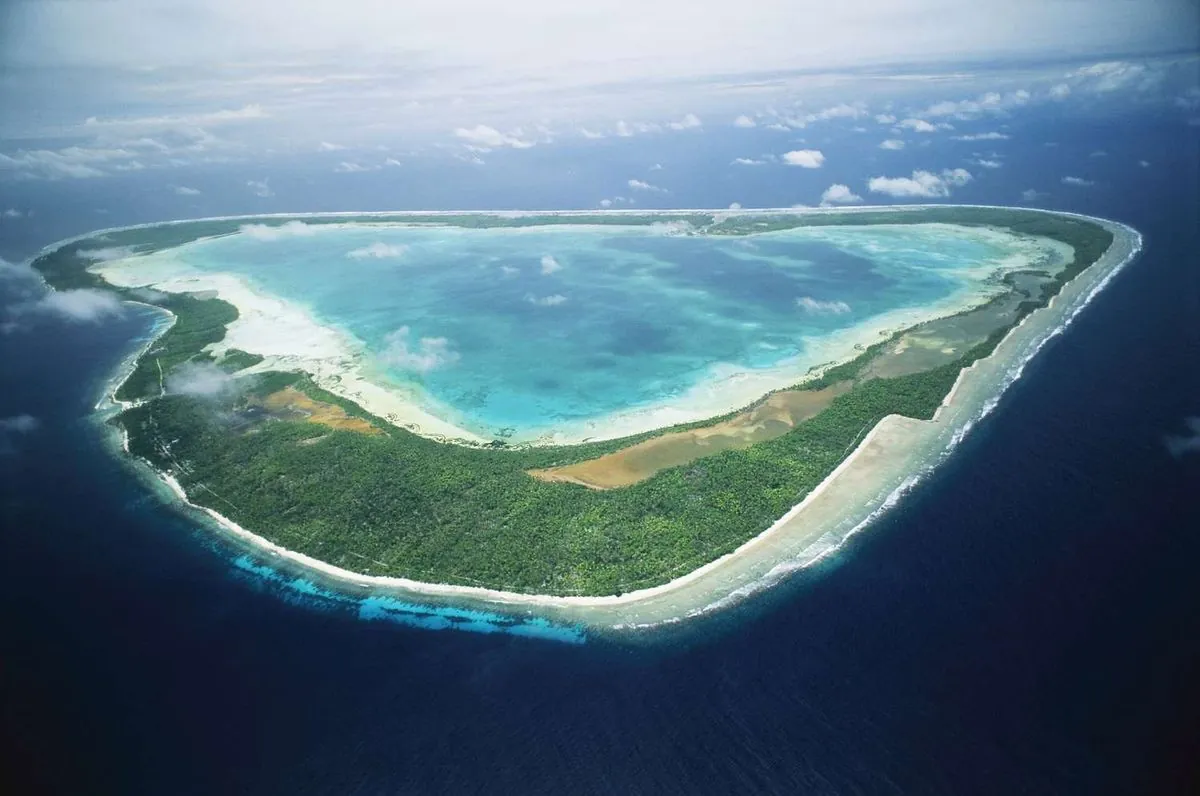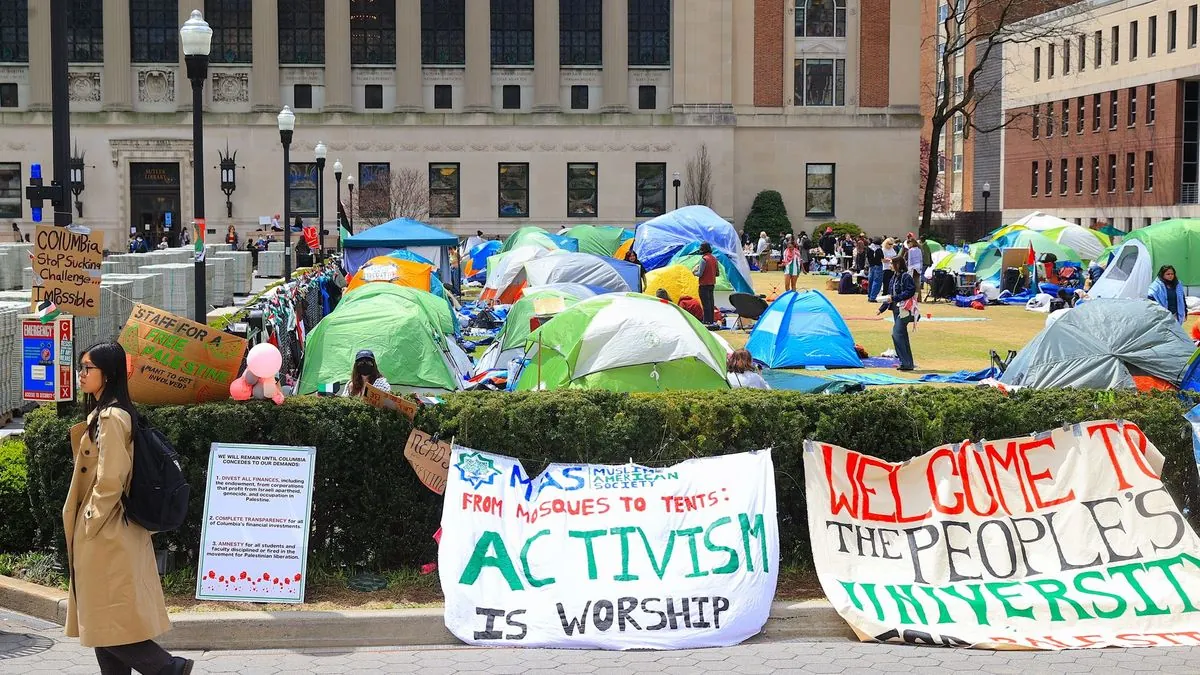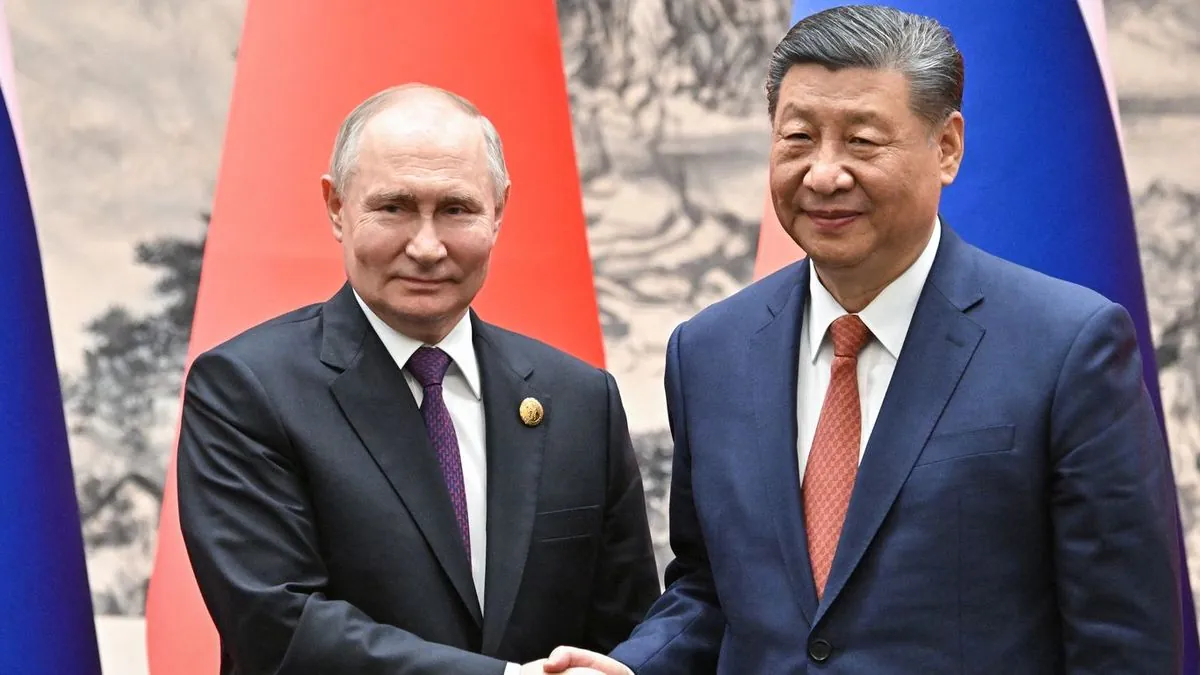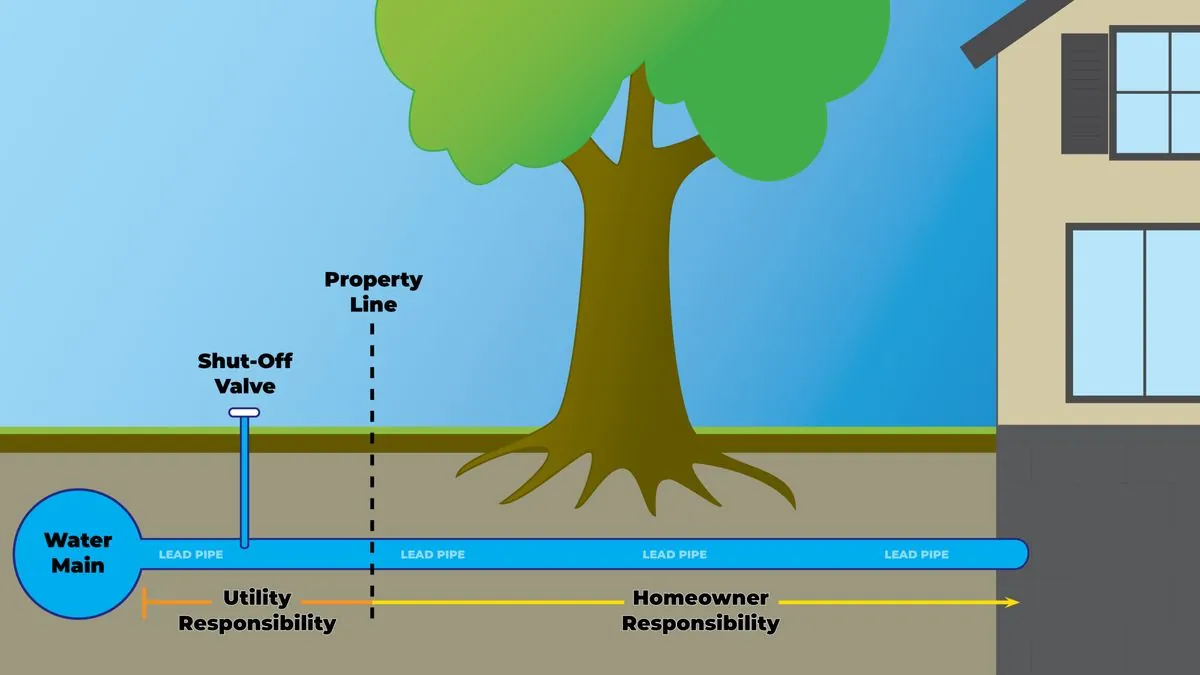Filipino Executed in Saudi Arabia Despite Philippine Government's Appeals
A Filipino citizen convicted of murder was executed in Saudi Arabia, despite efforts by the Philippine government to prevent it. President Marcos Jr. expressed regret over the "unfortunate" outcome.
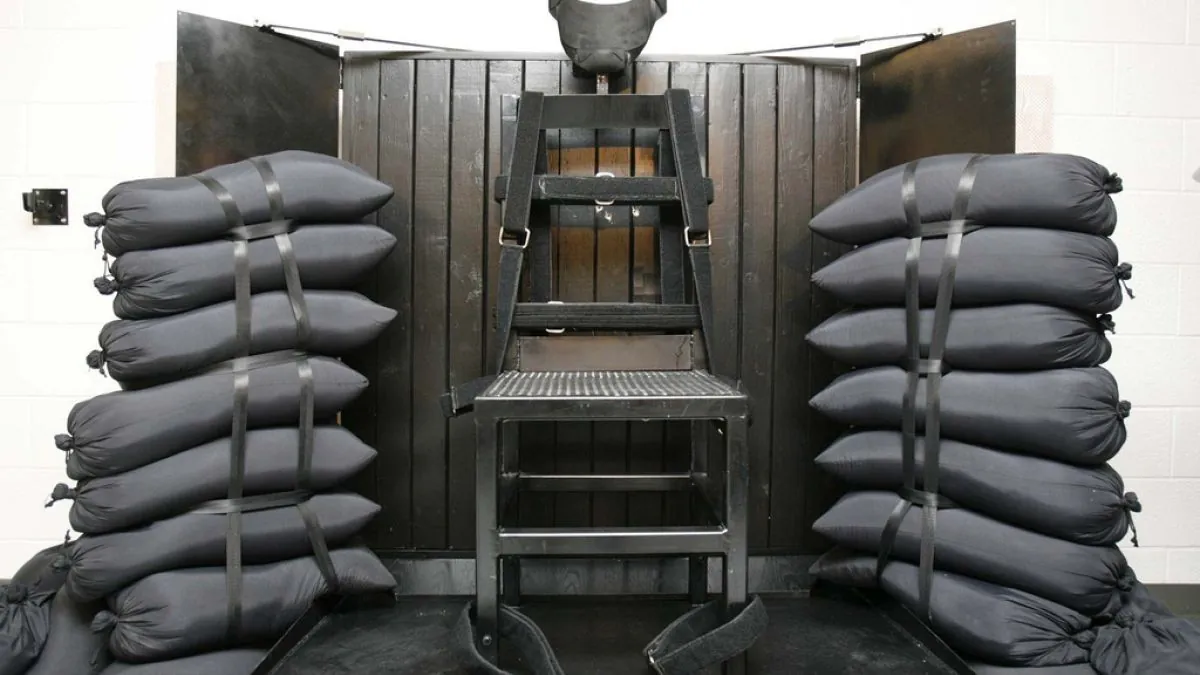
On October 5, 2024, Saudi Arabia carried out the execution of a Filipino citizen convicted of murder, despite extensive efforts by the Philippine government to prevent it. This incident has brought attention to the complex relationship between the two nations and the challenges faced by overseas Filipino workers.
The case, which began in 2020 with the arrest of the Filipino national, culminated in a death sentence handed down in 2023. President Ferdinand Marcos Jr. described the execution as "very unfortunate," highlighting the strict nature of Saudi law and the limitations of diplomatic intervention.
"We appealed to the better nature, I guess, of our friends in Saudi Arabia, perhaps, to have another look and they did. Unfortunately, the law there is very strict and, apparently, the conviction has stood and one of ours has been taken away."
The Philippine Department of Foreign Affairs stated that all possible remedies were exhausted, including a presidential appeal. However, the victim's family refused to accept "blood money," a financial settlement that could have potentially led to forgiveness under Saudi law.
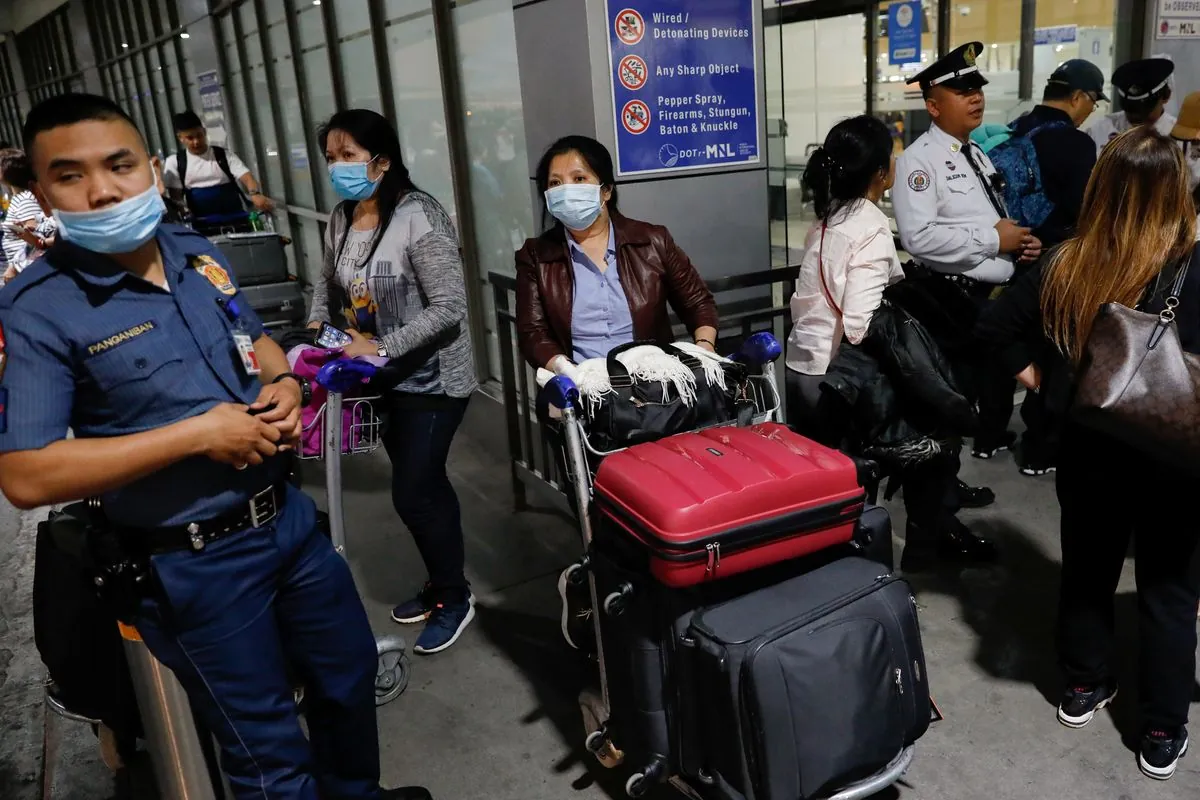
This incident underscores the risks faced by the millions of Filipinos working abroad. The Philippines, an archipelagic country with over 7,600 islands and a population exceeding 110 million, is one of the world's largest sources of migrant workers. Currently, at least 86 Filipinos face the death penalty worldwide, with many convicted of murder or drug-related offenses.
Saudi Arabia, the world's largest oil exporter with a population of about 35 million, has faced criticism from human rights groups for its capital punishment methods, including beheadings and mass executions. The kingdom's legal system, based on Sharia law, is known for its strict interpretation and application.
The execution highlights the ongoing challenges in the relationship between the two countries. While Saudi Arabia has been implementing social and economic reforms since 2016 and has been a G20 member since 2008, its human rights record remains a point of contention. The kingdom, founded in 1932 by King Abdulaziz Al Saud, is home to the two holiest sites in Islam: Mecca and Medina.
For the Philippines, which gained independence from the United States in 1946 after over 300 years of Spanish colonial rule, the deployment of workers overseas has been a significant economic strategy. The remittances sent home by these workers have supported the country's consumption-driven economy for decades. However, this large-scale deployment has also led to social costs, including broken families and instances of abuse by employers.
As both nations continue to navigate their diplomatic and economic ties, this tragic event serves as a reminder of the complex interplay between international relations, cultural differences, and the human cost of global labor migration. It also highlights the need for continued dialogue and cooperation to address the challenges faced by migrant workers and to ensure their safety and rights are protected abroad.


























